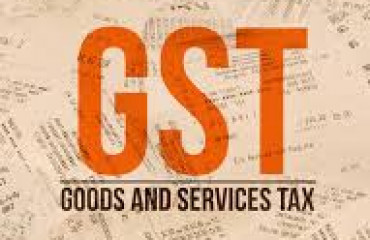
It’s good that the GST Council has reportedly reached a consensus on slashing this tax rate on life and health insurance premiums. But rate multiplicity and frequent tweaks go against reformist ideals.
Summary
- It's good that the GST Council has reportedly reached a consensus on slashing this tax rate on life and health insurance premiums. But rate multiplicity and frequent tweaks go against reformist ideals.
Anticipation of a cut in the 18% goods and services tax (GST) levied on life and health insurance premiums hit a fresh peak on Monday, as news emerged of a likely consensus at the GST Council on offering such relief.
Also read: GST Council Meeting Live Update: GST on Cancer drugs reduced to 5%, no GST on funds given to Central or State university
The applicable rate could be reduced to 5%, a slab meant for merit items, although a final decision was reportedly held off for the Council's next meeting.
Any agreement is a good sign, given that this body is chaired by the Union finance minister but has members from states that don't always see eye-to-eye with the Centre. Yet, such news also reminds us of how far India's GST regime has veered from its conceptual principles.
Also read: GST to incentives: Centre working on plan to reduce ATF prices
A key benefit of this momentous tax reform was supposed to be a drastic reduction in the scope for policymakers to fiddle with rates, so that the system is kept insulated from the advocacy of lobby groups.
Ideally, we should've had a single rate for most items, with merit and demerit slabs for a few items that clearly deserve distinctive treatment.
Also read: Aviation industry upset over jet fuel prices, seeks tax sops
Insurance would be in a grey zone by this reckoner, arguably. But then, since many other taxables seem out of place in their assigned slabs, it's best to look at the bright side of it: cheaper risk cover.
